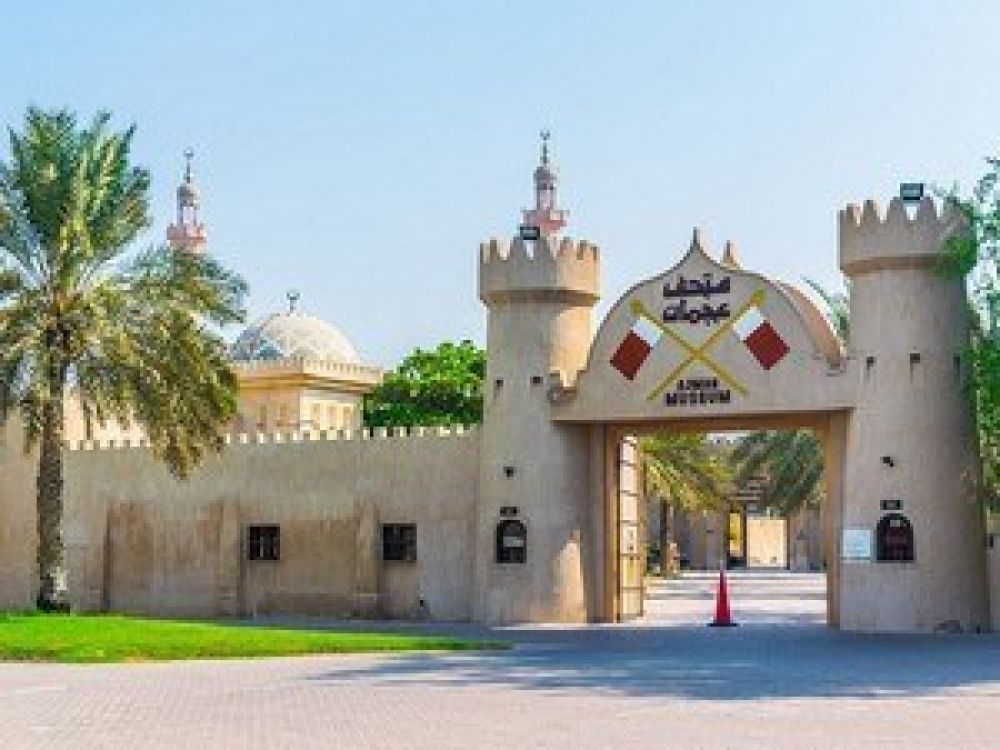

The UAQ National Museum, located in the smallest of the United Arab Emirates, Umm Al Quwain, stands as a testament to the rich cultural and historical tapestry of the region. Housed in what was once a fort and the residence of the ruling family, the museum offers visitors an insight into the traditional way of life, as well as the history that shaped Umm Al Quwain.
The fort that houses the UAQ National Museum dates back to the 18th century and has been a central structure in the history of Umm Al Quwain. It was originally built as a defense fortress and later became the seat of power for the ruling family. Over the years, the fort has played an important role in the political and social life of the emirate.
In the late 20th century, as the UAE began to focus more on cultural preservation, the fort was transformed into the UAQ National Museum. The museum was officially opened to the public to promote the heritage of Umm Al Quwain and the UAE.
The history of tourism at the UAQ National Museum is relatively recent, coinciding with the UAE's increased emphasis on cultural tourism. As the country developed its infrastructure and eased travel restrictions, tourism began to flourish in the 1980s and 1990s. The UAQ National Museum became part of the itineraries for visitors interested in UAE history and culture.
Since its inception, the museum has drawn interest from history buffs, cultural enthusiasts, and tourists seeking to understand the heritage of Umm Al Quwain. Exhibits include artifacts from nearby archaeological sites, ethnographic displays, and historical documents that narrate the story of the emirate and its people.
Cultural tourism has become increasingly popular in the UAE, with a special focus on authentic experiences. This trend has benefited attractions such as the UAQ National Museum, as visitors not only want to see the sights but also learn about the history and culture underlying them.
Sustainable tourism is also on the rise, influencing how museums and other heritage sites are managed. Efforts are being made to reduce environmental impact and ensure that tourist activities support the conservation of the region's history and culture.
In response to the digital era, virtual tourism has sprouted as a complement to physical visits, especially in the wake of global travel restrictions. Umm Al Quwain's commitment to making its history accessible can be seen in the increasing digital presence of its cultural institutions, including online tours and interactive guides of the UAQ National Museum.
The UAQ National Museum is more than just a building; it's a gateway to the past, offering a unique perspective on the United Arab Emirates' history. As Umm Al Quwain continues to develop as a tourist destination, the museum stands as both a cultural anchor and a reminder of the emirate's historical significance. It is not just a repository of artifacts but a living space that continues to evolve with the latest trends in tourism, ensuring that the heritage of Umm Al Quwain remains relevant and engaging for generations to come.